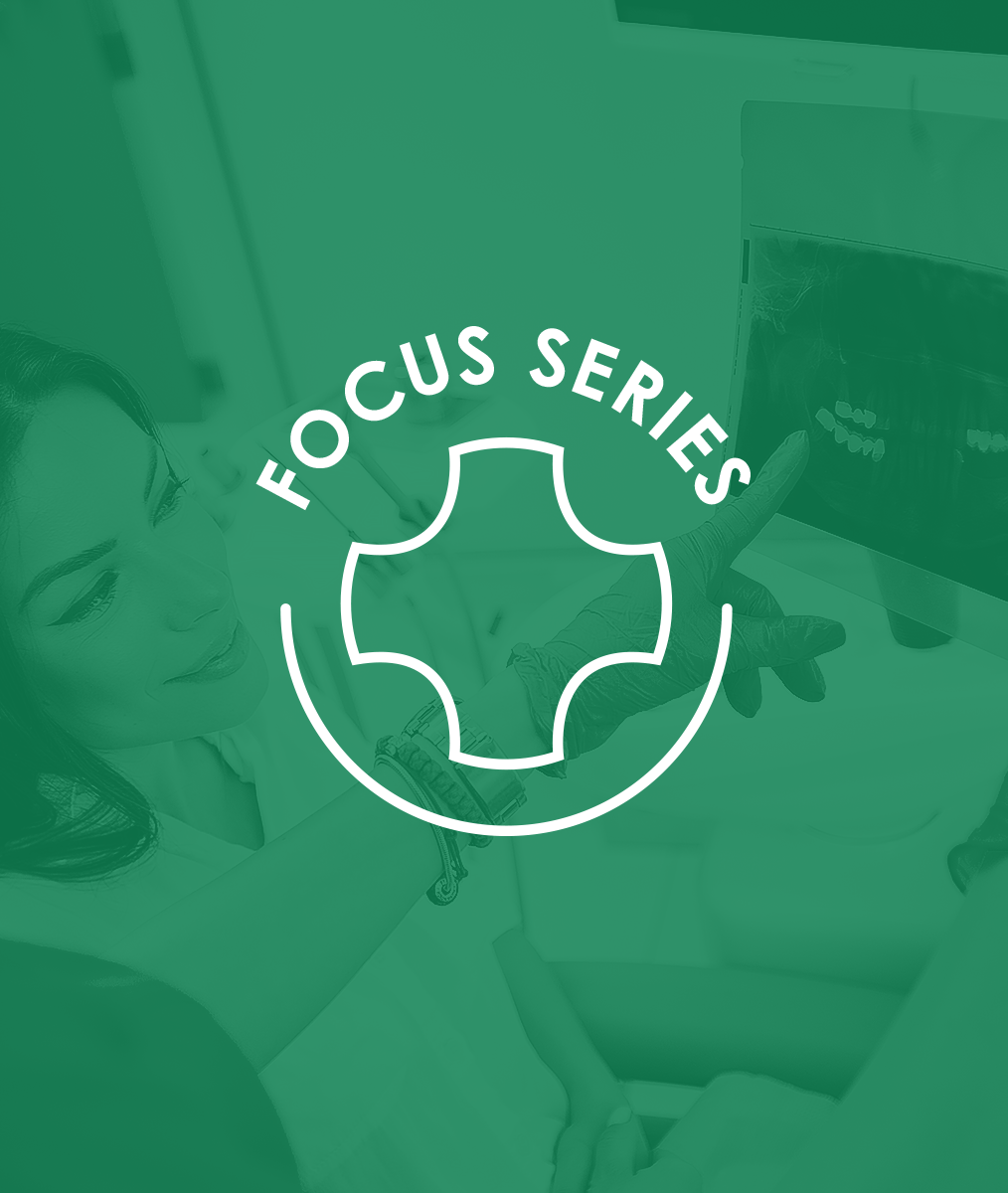
Practice Independence & Authenticity
By Paul A. Henny, DDS
The Case for Setting Boundaries
When we are financially or emotionally dependent on patients saying “yes,” we crave acceptance which comes at cost: we are fearful of offending the person if we say, suggest, or do something that might trigger a “no,”—so we strategically modify our behavior to avoid rejection.
On the other hand, independence allows us to adopt a course of action—a purpose that’s clearly justified in our mind, and accepting of the fact that some people might disagree and therefore their opinions will not influence how we feel about ourselves. So, independence involves respecting how others feel AND how we feel—a critical issue that’s known as psychological boundary.
What’s Our Goal?
Our goal should be to help others as much as possible—but not to manipulate them into making decisions or taking actions they would otherwise not make. If we feel like we cannot help someone, or if we believe helping a person in the way they are demanding is harmful long-term, then we simply need to find a way to respectfully agree-to-disagree, and move on. No need for moralistic stands. No need for judgment. We just need to continue our search for others who are in closer alignment with our purpose.
As we become masterful at the execution of our purpose, we become known for it —we become “branded.” Once branded, more like-minded people can find us in the sea of other options and then make a higher level decision than “he/she is in my network.”
Start with Personal Leadership
Relationship-based, health-centered dentistry therefore starts with personal leadership and personal power. Who am I? What am I willing to stand for? What am I willing to share with the world? What am I unabashedly willing to promote because I believe in its value so deeply that I simply must promote it. And critically, HOW can I best promote it so that more people will be able to make better decisions for themselves that are more in alignment with our purpose, and that move them closer to an optimized health?
“Know Thyself,” the ancient Greek appeal to greater self-awareness, is one of the four principles incorporated into L. D. Pankey’s “Cross of Dentistry.” But following this sage advice isn’t easy, as we’re pulled and pushed around by the environment; we’re constantly challenged to either adapt, resist, surrender or lead.
Being Authentic Requires Regular Introspection
Leading is only possible in patient-centered dentistry through authenticity—through clarified values aligned with a congruent vision and ACTION. Hence, without self-awareness, the seductions of life—the temptation to take shortcuts, and the trappings of materialism, can easily lead us away from our authentic self. What makes this process even more challenging is that when we feel threatened or rejected, we tend to do more of those things while blocking out how we truly feel. We lose ourselves in our pursuit of things that we think will sooth our anxiety.
Gaining greater self-awareness through regular introspection is the starting point of a process that essentially never ends, but it represents the only pathway toward authentic leadership. Authentic leadership is an inside-out process that’s at the very core of patient-centered dentistry, which is why Dr. Pankey inscribed “happiness” as the outcome of his developmental philosophy.
Related Course
Compromise to Co-Discovery: A Treatment Planning Journey
DATE: October 21 2025 @ 8:00 am - October 23 2025 @ 1:00 pmLocation: Online
CE HOURS: 21
Regular Tuition: $ 2995
Single Occupancy with Ensuite Private Bath (per night): $ 345
The Balance of Communication, Case Planning & Occlusion Dr. Melkers always brings a unique perspective to his workshops and challenges us to the way we think. At Compromise to Co-Discovery,…
Learn More>






